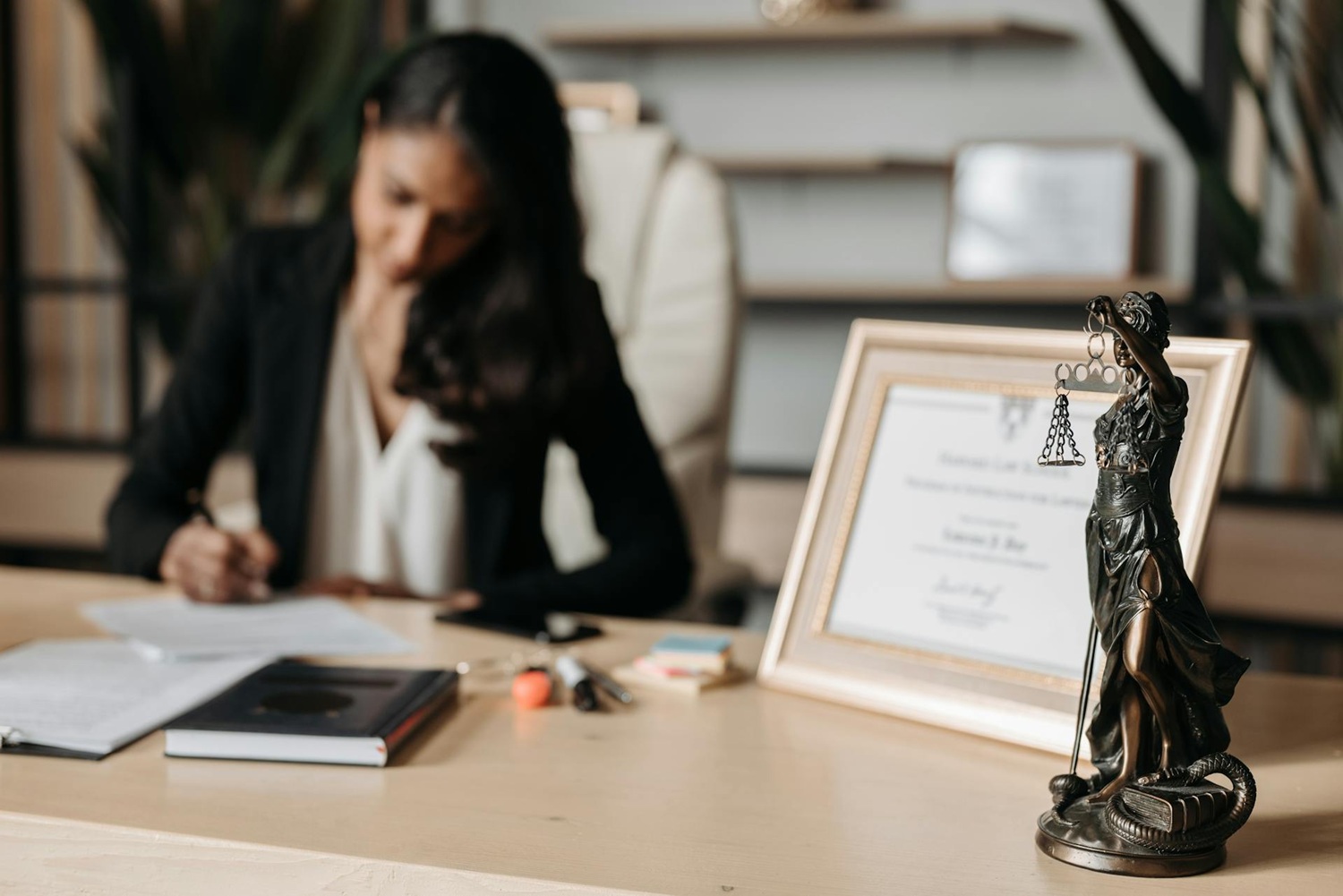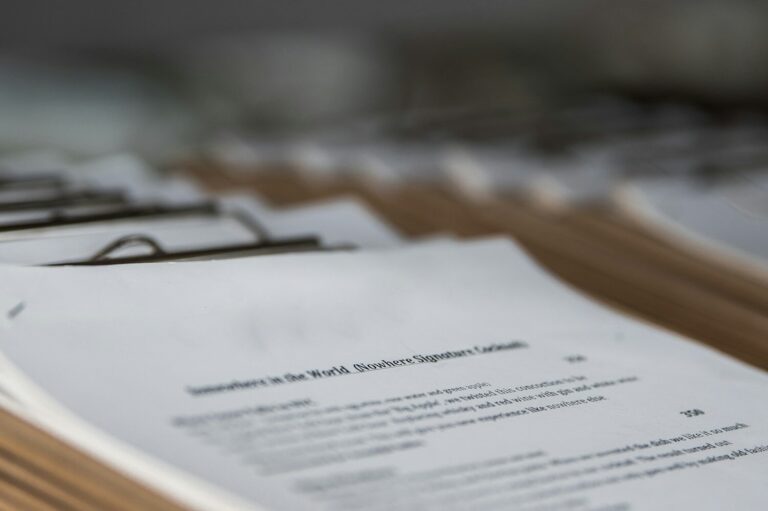Becoming a British citizen is a major milestone for many people who have made the UK their home. One of the most important documents in this process is the certificate of naturalisation. This certificate provides official confirmation that you have been granted British citizenship, and it is often essential for proving your legal status in the country.
Without it, you may struggle to access certain rights and benefits, such as applying for a passport or demonstrating your eligibility to work or vote. That’s why it’s crucial to understand what the certificate is, what it contains and why it matters.
What is a certificate of naturalisation?
A certificate of naturalisation is an official document issued by the Home Office to individuals who have successfully applied for British citizenship through naturalisation. It is also issued in some cases through registration, such as for children or certain other categories of applicants.
The certificate confirms the date on which you became a British citizen and includes important personal details such as your full name, date of birth, place of birth and the certificate number. From that date onwards, you are legally recognised as a British citizen, with the same rights and responsibilities as anyone born in the UK.
Why do you need one?
The certificate of naturalisation is far more than a formality. It is the main piece of evidence used to prove your British citizenship. You will need it to apply for a UK passport, and in many cases it will also be required when proving your right to work, rent property, access public services or open financial accounts.
For most people, it acts as the definitive proof of their legal status. Without it, you would find it very difficult to show that you are entitled to the full rights and protections of British citizenship.
Related: What is Naturalisation?
Citizenship ceremonies and certificate issuance
Once your naturalisation application is approved, you will usually be invited to attend a citizenship ceremony. At this event, you make an oath or affirmation of allegiance and a pledge to respect the rights, freedoms and laws of the UK. At the end of the ceremony, you are formally presented with your certificate of naturalisation.
The date shown on the certificate is the official date from which your British citizenship takes effect. From that point onwards, you can apply for a British passport and enjoy all the rights of citizenship. In most cases, attending a ceremony is mandatory, though some exemptions exist, for example for children or where registration applies.
Related: Naturalisation Processing Times: What to Expect
Replacing or correcting your certificate
If your certificate is lost, stolen or damaged, you can apply for a replacement through the Home Office. The same applies if the document contains errors, such as a misspelt name. Replacements are not free – standard processing fees apply, which are typically in the range of £250–£428 depending on the circumstances.
It is important to take good care of your certificate. You should avoid laminating it or making any alterations, as this can render it invalid for official use. Keeping it safe and secure is the best way to avoid unnecessary expense or difficulty later on.
Need a hand with your naturalisation application?
A certificate of naturalisation is more than a piece of paper – it is the legal proof of your British citizenship. It is essential for applying for a passport and may be required in many areas of everyday life, from employment to healthcare access.
At Osbourne Pinner Solicitors, we support clients through every stage of the naturalisation process, from applications to ceremonies and beyond. If you need help applying, replacing a lost certificate or correcting an error, our immigration specialists are here to provide expert guidance.
That starts with a free 30-minute consultation – in person or remotely. We have offices in Harrow, Canary Wharf, Piccadilly Circus and Manchester, or you can speak to us on a video call. Arrange your consultation by calling 0203 983 5080, emailing [email protected] or using the form below.




